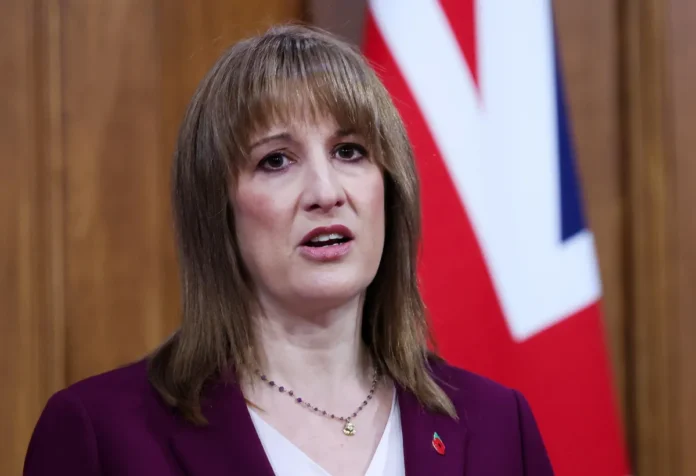Written by Were Kelly
Chancellor Rachel Reeves is facing mounting pressure from business leaders to use her upcoming budget to slash electricity bills, as a coalition of industry groups warns that high energy costs are fuelling inflation and pushing firms to the brink.
In a letter seen by news organisations, the lobbyists have proposed a £6 billion package that would scrap VAT on electricity and shift environmental levies into general taxation, saving the average household up to £170 per year.
The campaign, which gained momentum on Thursday, highlights the persistent cost-of-living pressures facing the country.
The energy price cap currently stands at £1,755 per year for a typical household, and forecasts suggest it could rise by a further ten per cent in the spring.
The proposals sent to the Treasury include removing the five per cent VAT rate on domestic electricity bills, which would save approximately £86 annually, and funding the various green levies that make up about 16 per cent of a bill through general taxation instead, a move that would save a further £84.
The letter from the business coalition stated bluntly, “The UK faces an energy affordability crisis that is hampering business investment and crushing household budgets. A reallocation of policy costs from bills to taxes is a fair and fiscally responsible solution.” With Labour’s poll numbers slipping, the Shadow Cabinet appears receptive. Shadow Energy Secretary Ed Miliband said, “Everything is on the table. We cannot allow high energy bills to become a permanent drag on our economy.”
However, energy analysts point to the difficult trade-offs. One analyst noted, “Shifting levies is politically easier than scrapping them, but it still leaves a multi-billion-pound hole in the treasury’s finances that must be filled from elsewhere.”
The broader context is a political and economic dilemma. The government is committed to a £13 billion “warm homes” insulation programme to reduce energy demand in the long term, a key part of its net-zero strategy.
Diverting funds to short-term bill cuts could undermine this investment. Furthermore, the UK’s energy costs remain high by international standards due to its reliance on gas imports, a structural problem that short-term fiscal measures cannot solve.
The Chancellor’s decision will be a defining moment, revealing the government’s priority between immediate consumer relief and long-term energy transformation
Sources: Guardian, BBC.



















